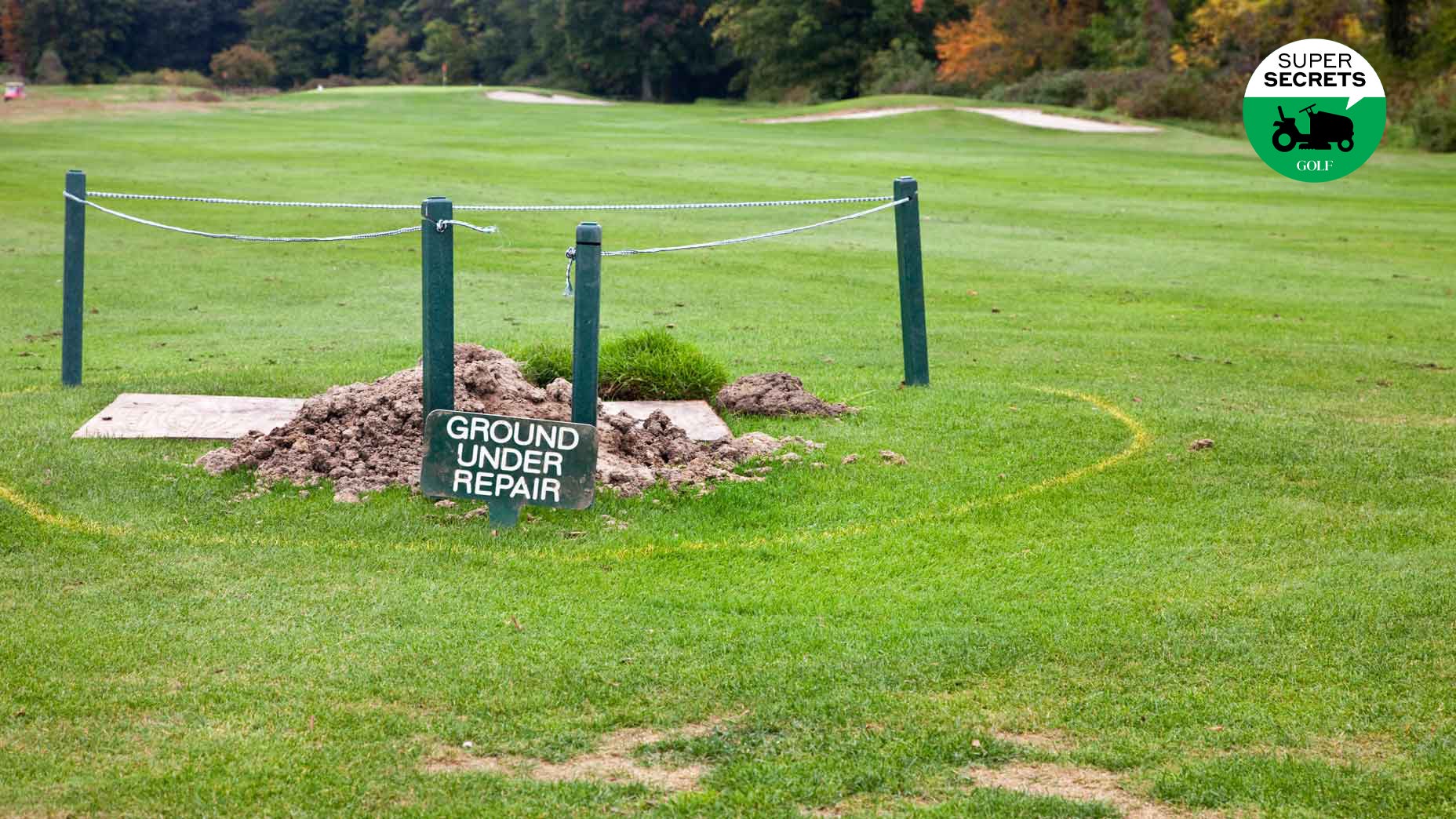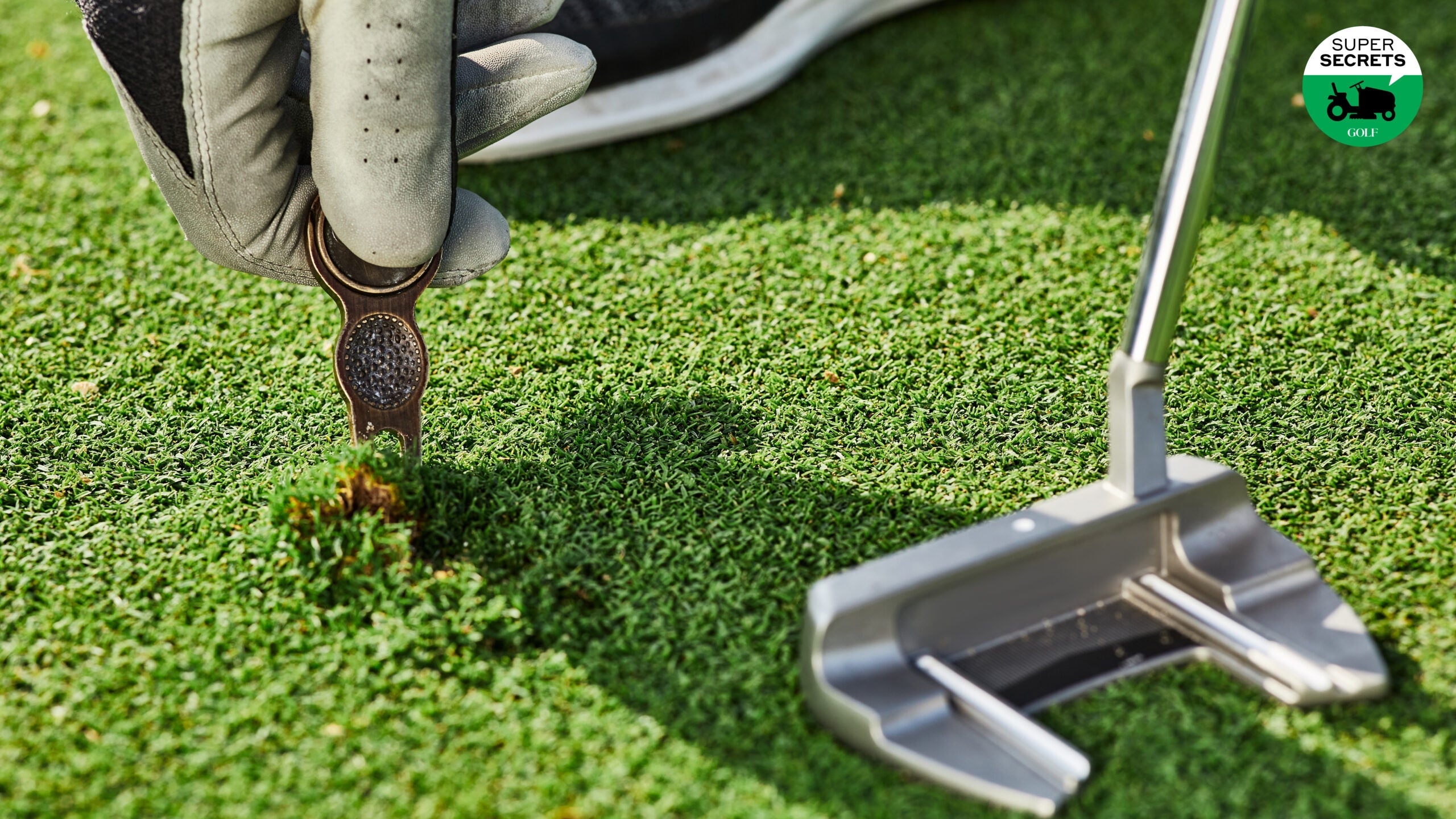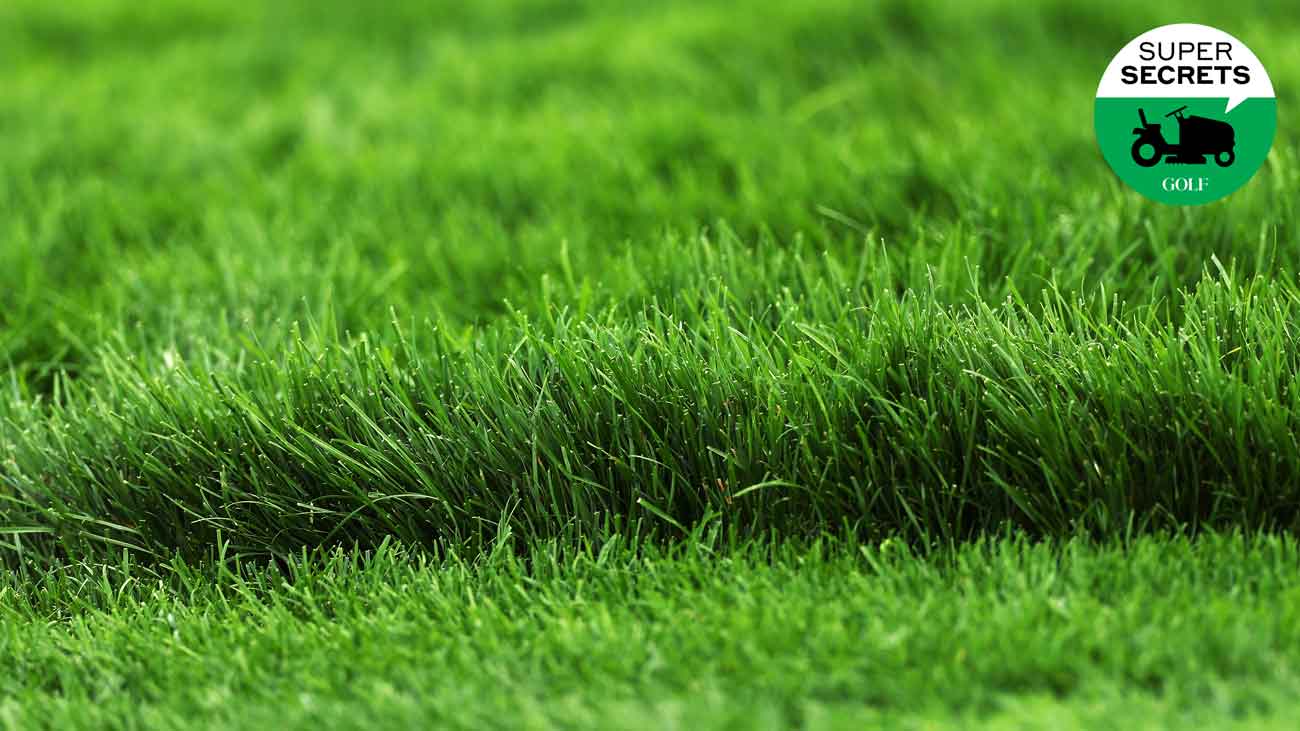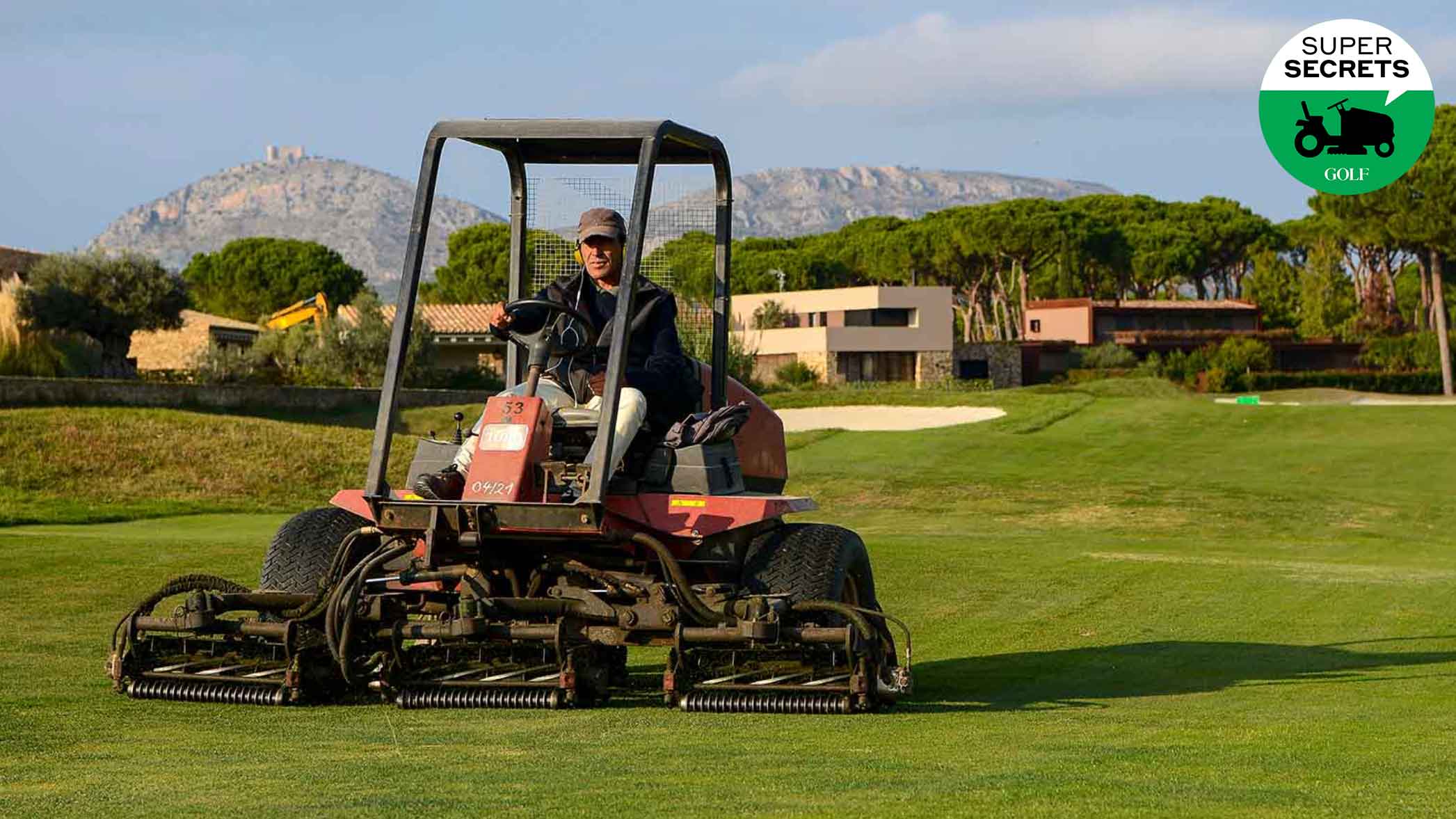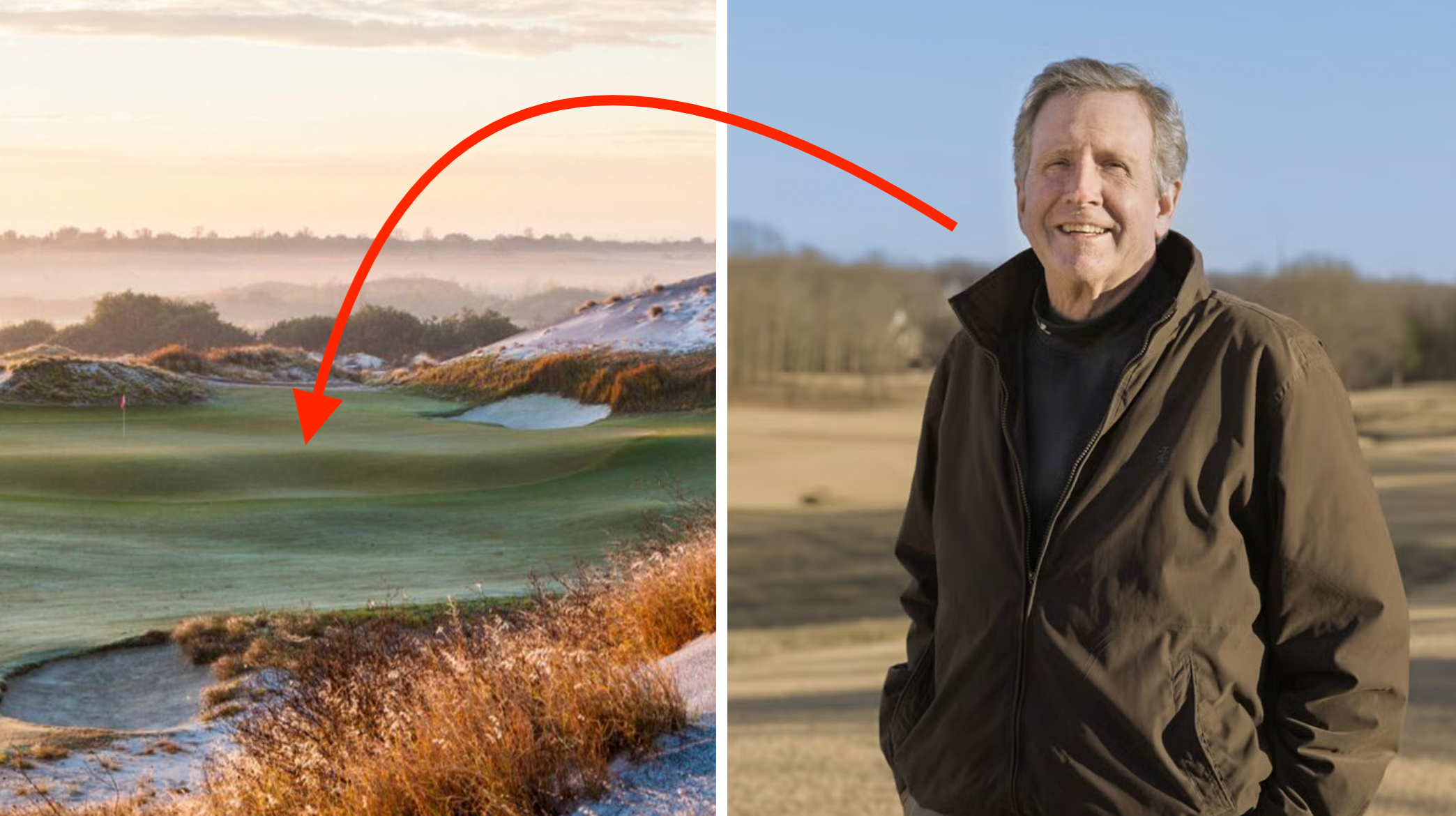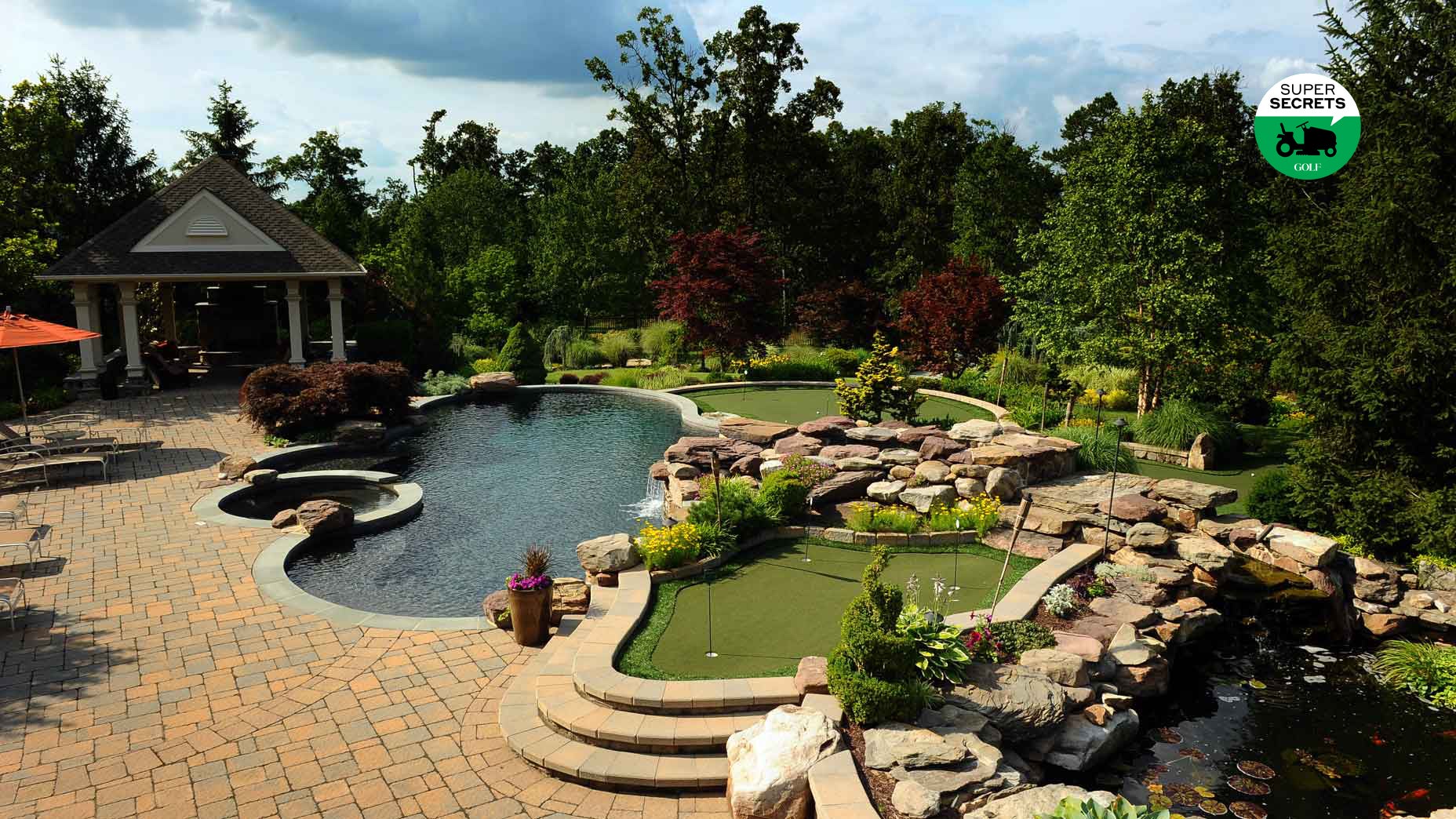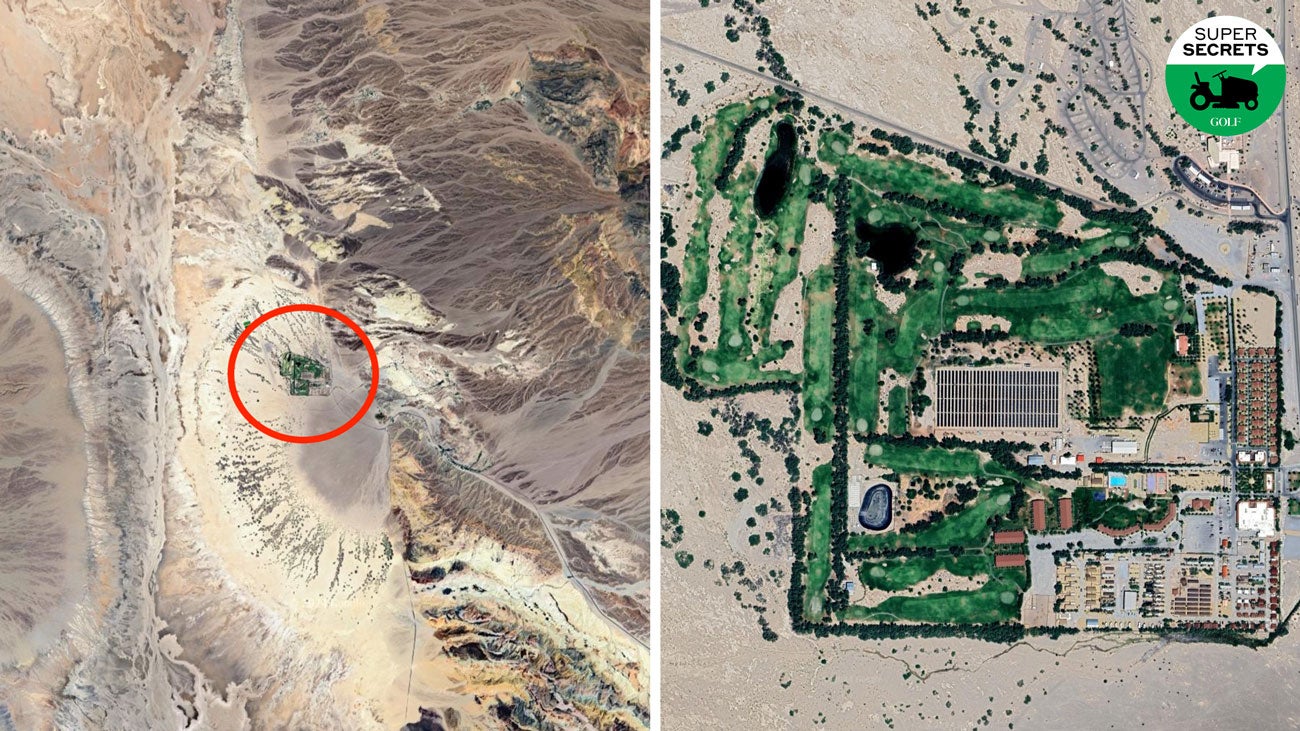It’s a worthy exercise to wake up in the morning and reflect on things we take for granted. Friends. Family. The smell of fresh-cut grass.
Speaking of which: When was the last time you expressed gratitude to your local greenskeeper?
This week would be a good time. Tuesday was Thank a Superintendent Day.
To mark the occasion, we asked David Jones, superintendent at Indian Springs Country Club, in Broken Arrow, Okla., and a longtime member of the Golf Course Superintendents Association of America, to tick off the many hidden tasks he and his cohort handle beyond dispatching gophers and mowing turf.
1. Critters
Armadillos, beavers, skunks, gophers, moles, you name it. Animals of all kinds take up residence on courses, biting through wires, digging up greens in their search for grubs, and wreaking all kinds of headache-inducing havoc. The Carl Spackler approach is out of the question, but you’ve got to do something. “Depending on where you are, you might be allowed to hunt them,” Jones says. “If not, you’ve got to trap them. They’re pretty much a constant no matter what you do.”
2. Fungus among us
Fairy ring may sound romantic. It’s anything but. It’s one of myriad diseases supers deal with, from snow mold mold and brown patch to necrotic ring spot. And then there’s pythium, the Voldemort of fungal invaders that, Jones says, is most likely to affect bentgrass. “It’s the nightmare of nightmares,” he says. “Once it gets in there, it pretty much wipes out a green. And there are three or four types of it, so you’ve also got to figure out which one you’re dealing with.”
3. Equipment repair
A well-maintained course requires well-maintained equipment, which in turn means sharpening blades, replacing rotors and repairing hydraulics leaks, among many other workshop duties. At clubs without the budget for any equipment manager (which is most), all of these duties fall on you know who.
4. Vandalism
Stolen flagsticks. Broken rakes. Delinquents on motorcycles doing donuts on greens. The depth of disrespect and stupidity can be astounding, and the worse part is, the scofflaws rarely get caught red-handed. But when they are, it’s often thanks to a superintendent and their staff. “We once followed cart tracks to a garage in the neighborhood, and sure enough, there was bentgrass in the tires, so the kid couldn’t even deny it,” Jones says. The boy was put to work on the maintain crew until he’d made up for the damage he’d done.
5. Algae
Not just in ponds. It also gets on greens, creating overly soft conditions. No matter where it shows up, getting rid of it is crucial. “But you’ve got to be very careful with what products you use and how you use them,” Jones says. “You don’t want to kill fish or cause any other harm to the environment.”
7 great course-maintenance hacks, according to superintendentsBy: Josh Sens
6. Irrigation upkeep
Broken pipes. Jammed sprinkler heads. It’s never-ending. “There’s always something that needs fixing,” Jones says. “We call it ‘irritation,’ not irrigation.”
7. Ball washers, trash bins, signage, etc.
At any given time, somewhere on the course, something needs cleaning, emptying, straightening or repairing. Those duties comes under the super’s purview, too.
8. Golfers
That’s right. Not gophers. Golfers. A peculiar species inclined to believe that when the greens are sanded, it means that the super is out to get them. Their gift for grousing and blamed-casting is unparalleled, and it underscores a point: a head greenskeeper’s job requires the patience of Job.
